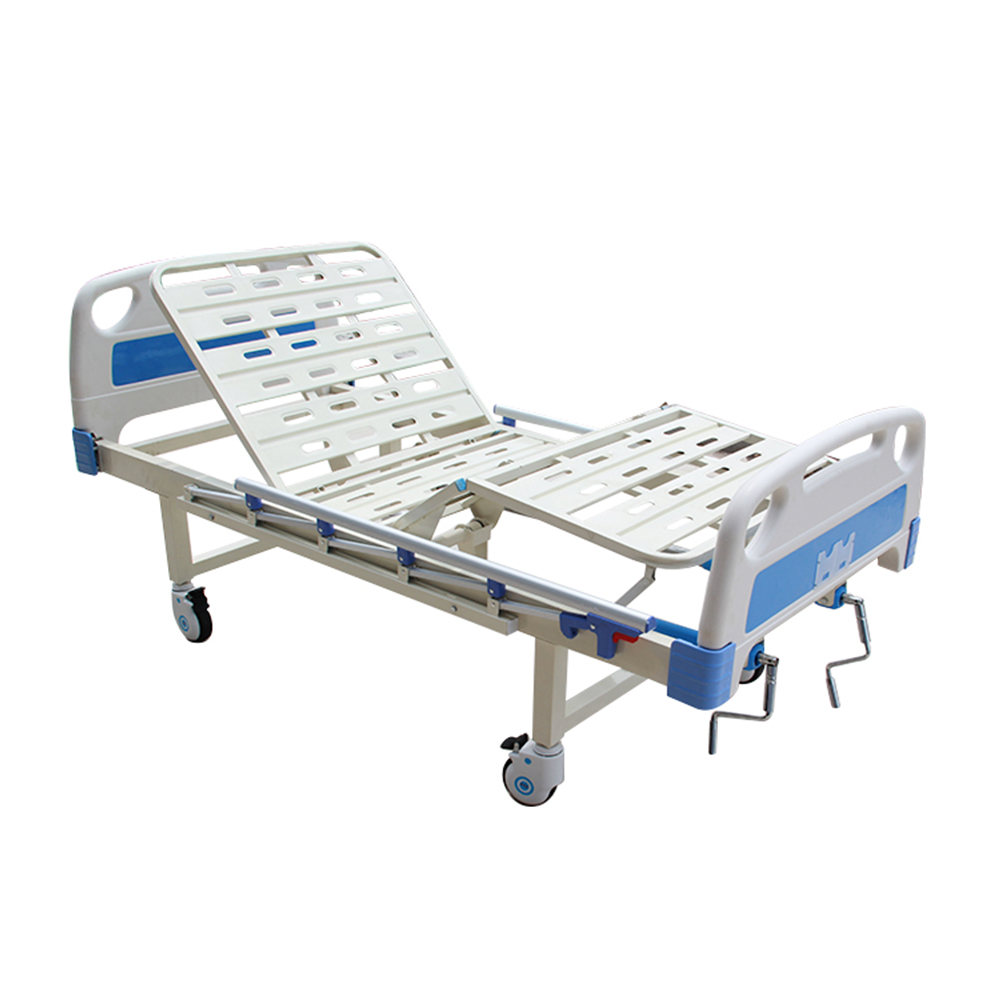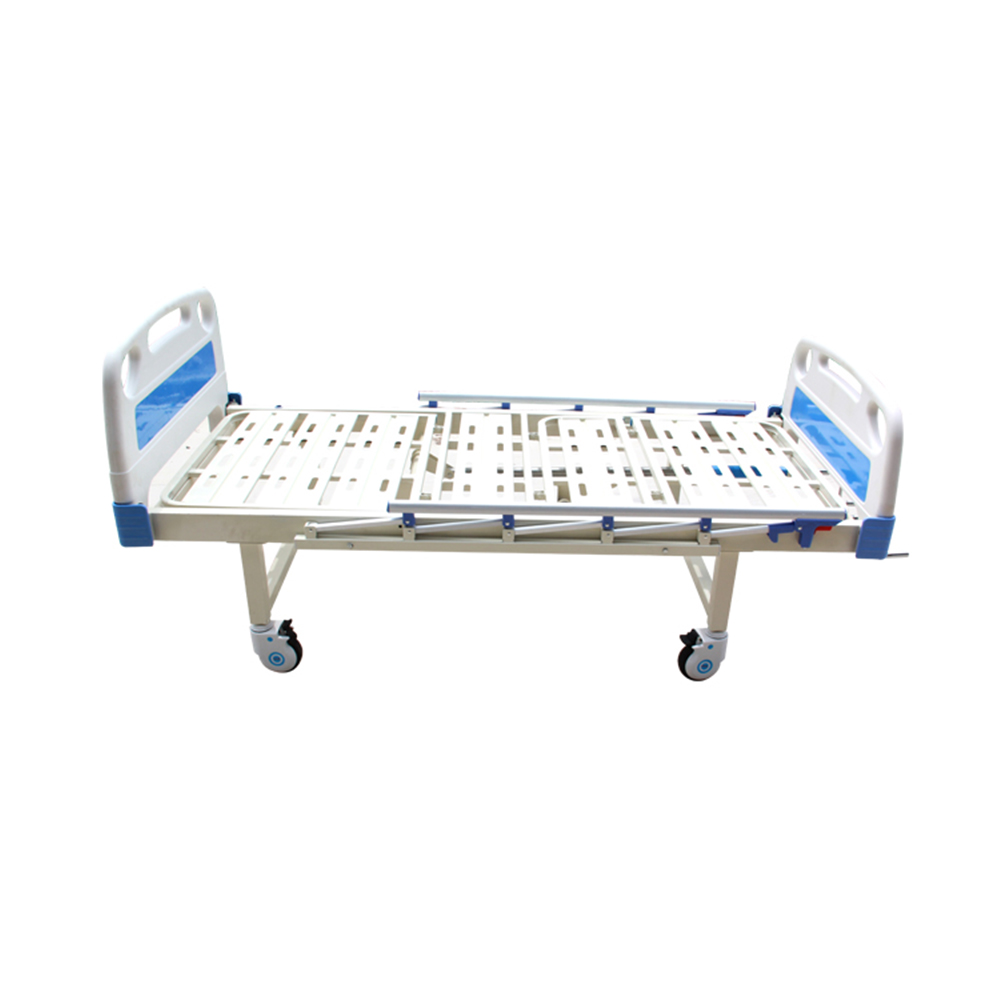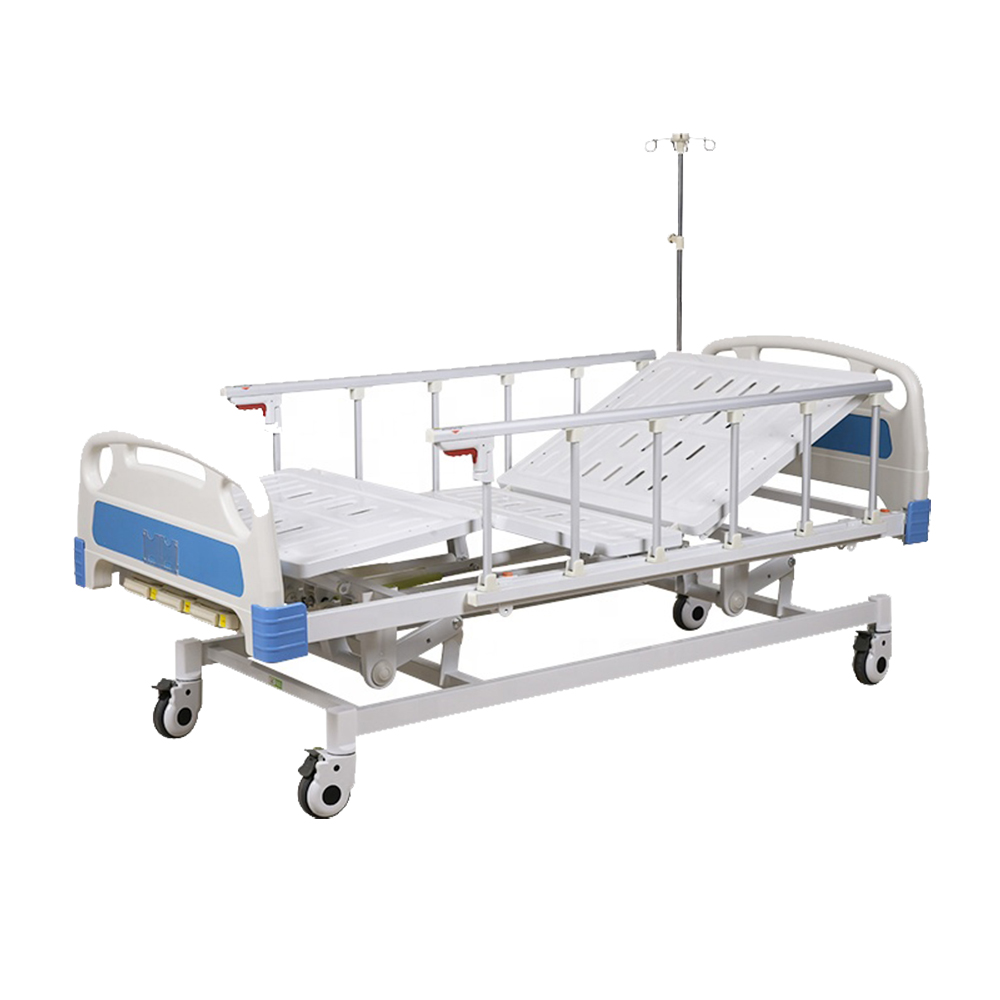In order to ensure the green vegetables have no pollution, safety, high quality and nutrition characteristics, the production of green vegetables has a relatively complete set of quality standards, including the quality standards of the ecological environment in production areas, production and operation procedures and health standards. The soil is the substrate for the growth of vegetables and provides the necessary nutrients and moisture for the growth of vegetables. It is an important place for the exchange of substances and energy in the ecosystem. Therefore, the production of green vegetables should pay special attention to the requirements for soil. The specific points are as follows: 1. The field should be highly matured soil In general, the vegetable field should have a thick layer of artificial humus accumulation layer, humus content of more than 3%, it is best to reach 4% to 5%; soil pellet structure is good, three times compared to the solid phase of vegetable field 40% , 28% of gas phase, 32% of liquid phase is good. The groundwater level should be more than 2.5m; Loam is an ideal soil quality, and both sand and clay need to be matured before they can be used as vegetable field soil. 2. The vegetable field should be a well-practiced soil The requirements of green vegetables for soil production should be good ploughability, loose soil quality, and strong water retention and fertilizer retention. In addition to the effects of temperature, gas, and moisture content on the growth of vegetables in soil, soil compaction and bulk density have a greater impact on root growth. The larger the soil bulk density, the more compacted the soil, the less organic matter content, and the poor ploughability. The optimum moisture content of vegetable soil should be 60-80%, and the bulk density is 1.1-1.3g/cm3. When the bulk density is 1.5g/cm3, root growth will be inhibited. 3, vegetable fields should be free of harmful substances The roots of vegetables often produce some beneficial substances, which is one of the sources of soil microbial nutrients, especially the secretion of various soil enzymes accumulate around the rhizosphere and play an important role in soil nutrient conversion. However, roots often secrete some toxic substances that affect the microbial activity in the rhizosphere, which affects the decomposition of organic matter in the earthen ponds and the mineralization rate of humus. This is one of the main reasons why some vegetables are not suitable for continuous cropping. Soils with high fertility generally have low or high levels of organic matter, are rich in microorganisms, have strong microbial metabolism, and have high soil buffering capacity. There is generally no or very little excess toxic material. In addition, special attention must be paid to the quality of the water next to the vegetable field, and there must be no pollutants discharged from the factory. Otherwise, water quality will not only affect the quality and safety of the vegetables, but also endanger the health of consumers. 4, vegetable fields should be planted according to local conditions Vegetables generally prefer deep soil and fertile loam or sandy loam, but not every day in daily production. According to the different adaptability of various vegetables to the soil, it should be planted according to local conditions. If the loam soil has high fertility and good water retention capacity, it is suitable for planting cucumbers, eggplants, peppers, radishes, onions, etc.; sandy loam has more sand and good ventilation, but it has poor water retention and fertility and is suitable for planting potatoes and carrots. , beans, cabbage, radish, etc.; sandy soil, large sand, low fertility, poor fertilizer to maintain water, drought-prone, planting pumpkin, wax gourd, watermelon, melon and other more appropriate. 5. Different vegetables have different adaptability to soil pH The adaptability of different vegetables to soil pH is not the same. Most vegetables are suitable for neutral or slightly acidic soils. The slightly alkaline soil is more viscous, organic matter content is less, soil is cold, and should not grow seedlings, the choice of planting spinach, celery, lettuce, cabbage, eggplant, peas and other vegetables. SHANGHAI ROCATTI BIOTECHNOLOGY Co., Ltd is a leading exporter and supplier of medical equipment in China. We are not only manufacturer of medical equipment but also we are professional on providing one-stop solution of hospital project, clinic project, Education University, laboratory, government tender as well as distributors. With more than 10 years of experience, our products have been exported to more than 100 countries and have obtained good reputations because of our competitive price, high quality products and excellent service. Hospital Bed,Hospital Bed Automatic,Abs Hospital Bed,Manual Hospital Bed With Wheels Shanghai Rocatti Biotechnology Co.,Ltd , https://www.ljdmedicals.com


